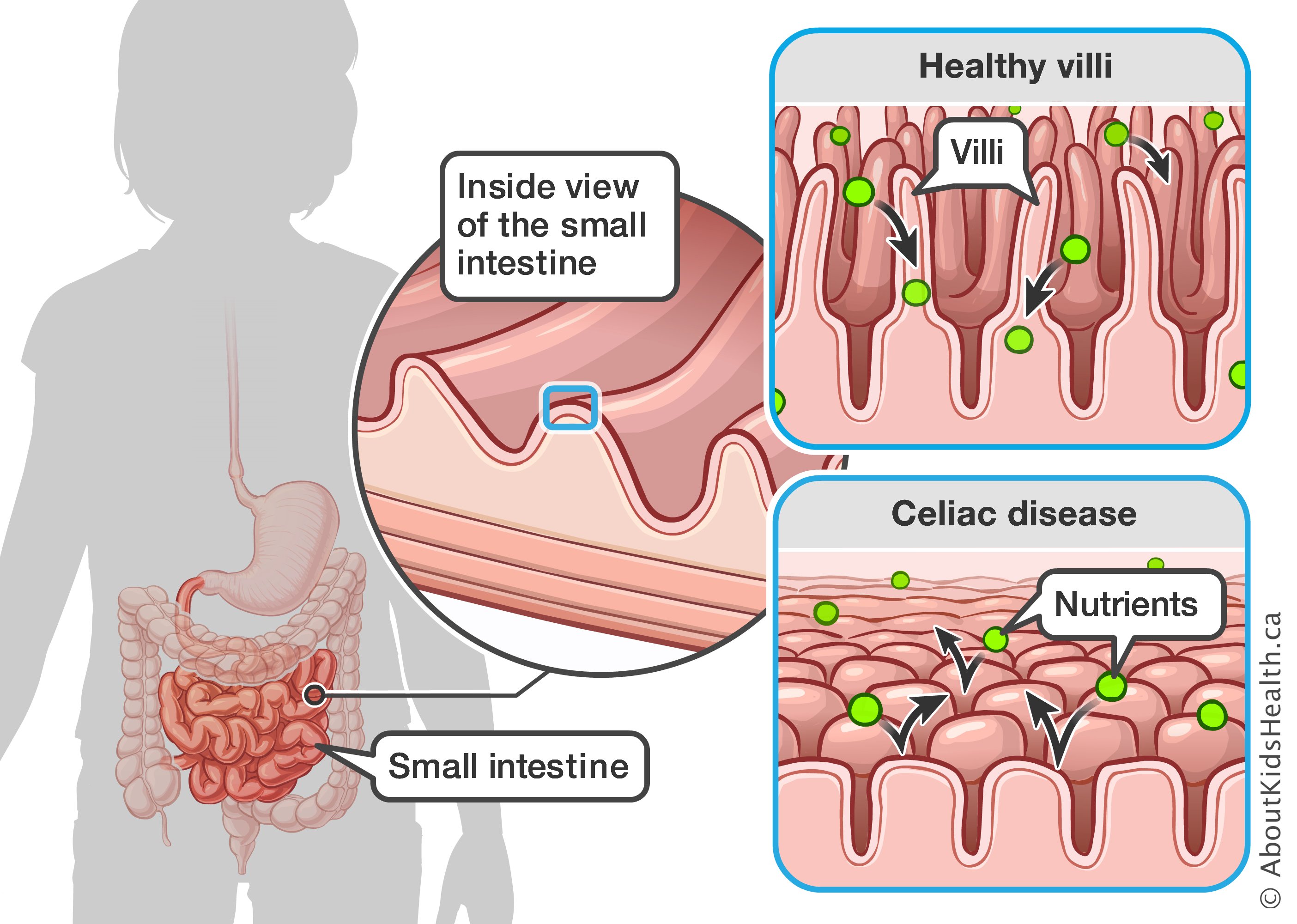What does "glutened" mean?
You may have heard of the term "glutened" or phrases like "getting glutened" from the celiac disease community and wondered what it means.
"Getting glutened" refers to accidentally consuming gluten. "Getting glutened" can look different for everyone. The only person who knows what that feels like is you! For some people, getting glutened may mean experiencing gastrointestinal symptoms like stomach aches, bloating and diarrhea, while others may not experience any symptoms at all.
In any case, it is important to stay calm, be kind to yourself and do self-care activities that allow you to feel better and recover from your gluten exposure.
Here are some tips to manage being glutened.
Prepare in advance
The best thing you can do for your self-care and well-being is to prepare in advance for when a gluten exposure may occur.
Make note of the symptoms you deal with when exposed to gluten and brainstorm things that help you feel better. You may want to communicate your plan to your family or friends so they know how to best support you when you are accidentally exposed to gluten.
What to do when you get "glutened"
Be kind to yourself
It is easy to feel guilty after being exposed to gluten, especially when you have worked so hard to strictly follow your gluten-free diet. It is important to remember that no one is perfect, and accidents happen. You may still be very new to the gluten-free diet and learning how to navigate avoiding gluten from all sources. Accidental gluten exposure can also happen to someone who has been following the gluten-free diet for a long time.
If you are struggling and feeling negative emotions, like anger or guilt, after being exposed to gluten, ask yourself:
- How can I be kinder to myself right now?
- What do I need to hear?
- Who can I talk to that can support me with these feelings?
Practising mindfulness can be another way to be kind to yourself. Try following guided meditations to refocus on the here and now and find out what you need.
Stay hydrated
If you are experiencing diarrhea, make sure to drink plenty of fluids, like water, juice, broths or teas, to stay hydrated. If you experience constipation, drinking plenty of water can also help move things along in your gastrointestinal tract.
Keep a reusable water bottle around as a visual cue to stay hydrated. If you are experiencing stomach troubles, try drinking soothing caffeine-free teas like peppermint, ginger or chamomile.
Consider electrolyte mixes or drinks if you are losing lots of fluids through vomiting or diarrhea. It is also important to look out for signs and symptoms of dehydration:
- dry, cracked lips
- thirst
- dry mouth
- not urinating as often or having dark-coloured urine
- feeling drowsy or irritable
- cold or dry skin
Have comfort foods ready
You may also want to work with your parents or caregivers to make sure you have easy-to-digest gluten-free foods on hand, like plain gluten-free crackers or bread, white rice, potatoes, applesauce or bananas. Plain foods may be easier for you to tolerate and digest, especially when your gut is upset.
Rest up and practice self-care
The best thing you can do for yourself after being exposed to gluten is to take it easy, slow down and rest up to help your body heal. Do activities that make you feel better physically, mentally and emotionally. This may include things like taking a nap, curling up with a cozy blanket and heating pad, wearing loose-fitting clothing, having a warm bath or practising deep breathing techniques through guided meditations.
Managing symptoms of a gluten exposure can be stressful and emotionally draining. It is important to be kind to yourself during this time and focus on activities that will help you feel better. Remember that you are not alone. Communicating what you need during times you don't feel well to your family and close friends can help them support you.

